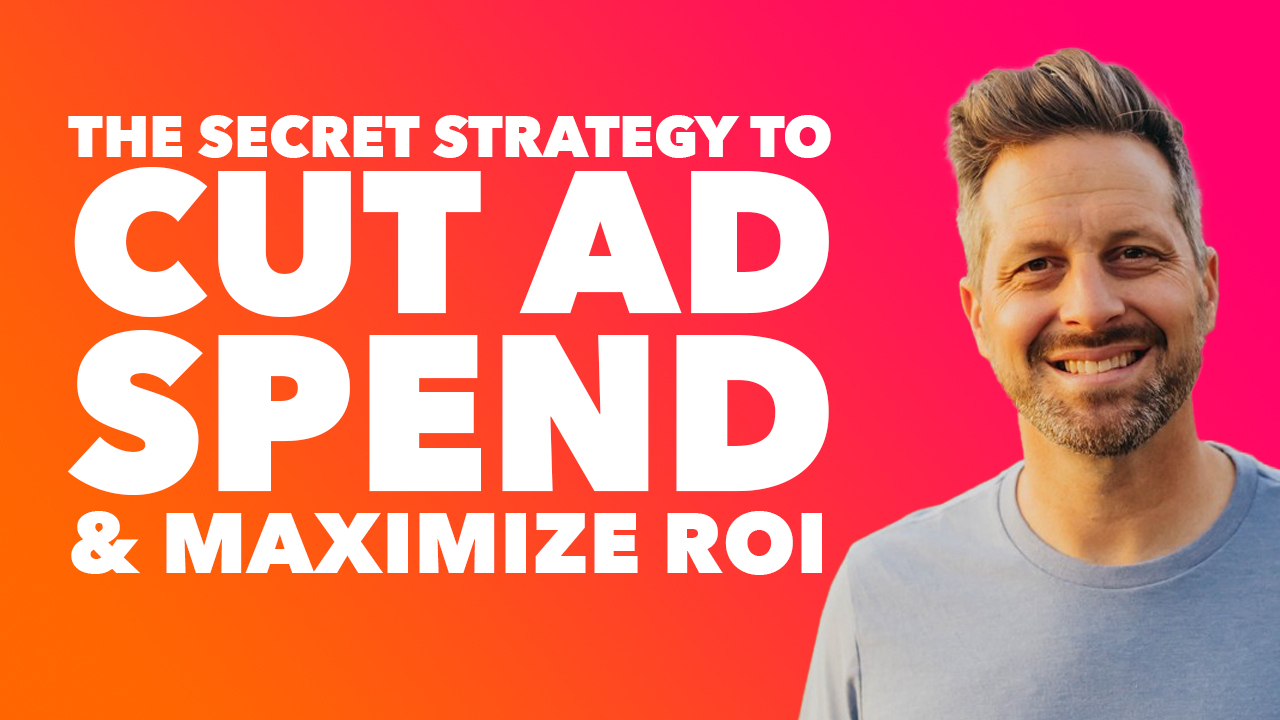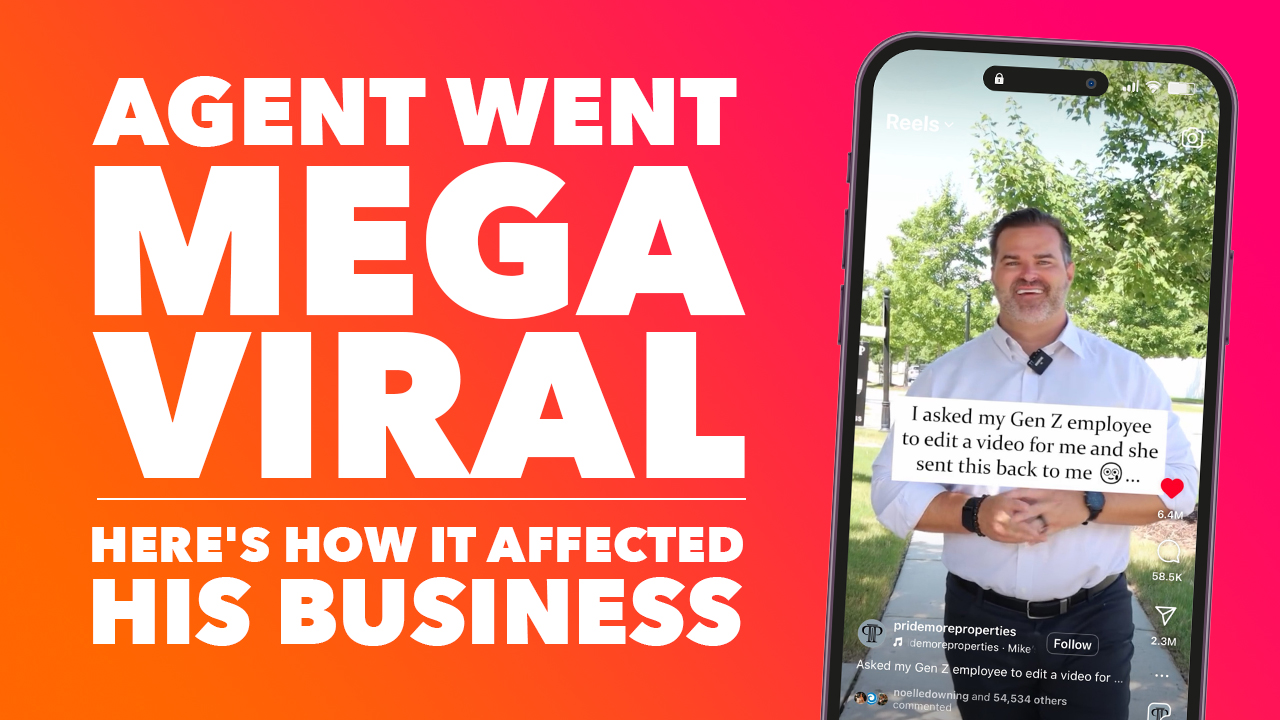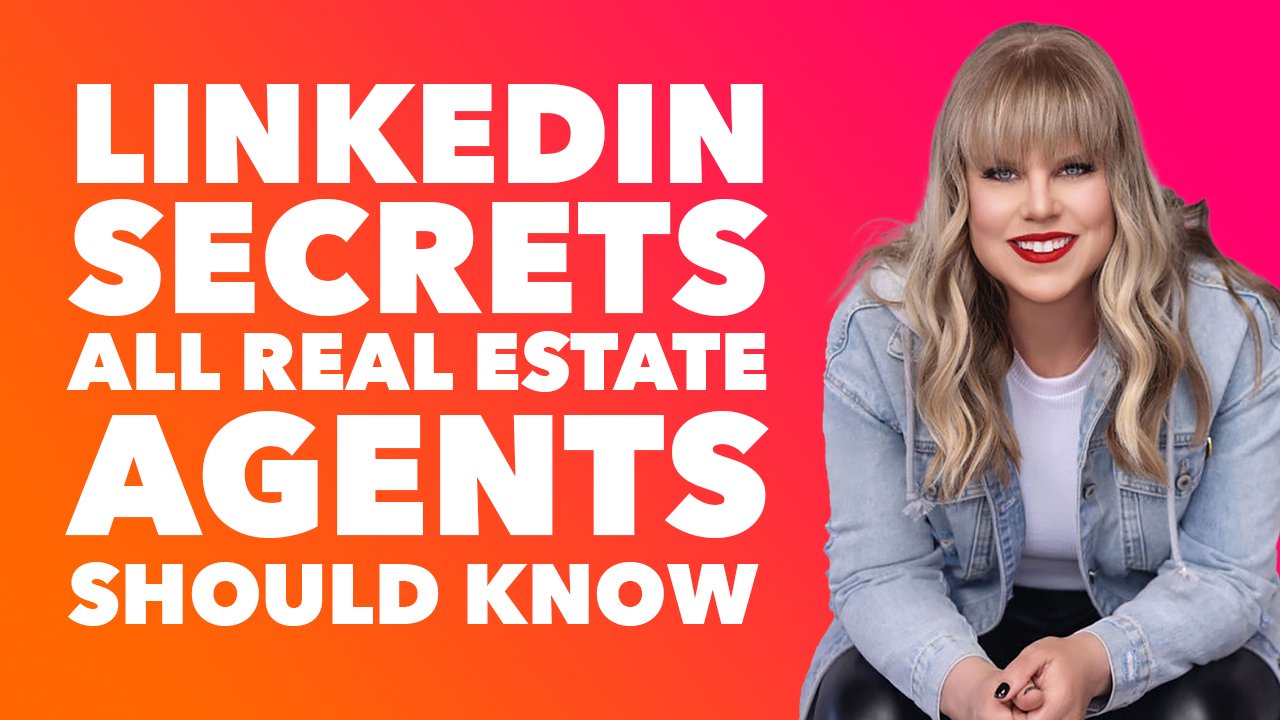Ep 100: How to Find Your Passion and Succeed in Business (with Steve Acree)
Steve Acree is the founder and CEO of ReminderMedia. Since 2003, our company has helped tens of thousands of service-based sales professionals close more deals and retain more business.
Today on Stay Paid, Steve shares his amazing journey through sales, from his earliest experiences as an entrepreneur to starting ReminderMedia in a garage and growing it into the successful organization it is today.
Key Points:
- The difference between mediocre performers and top performers is that top performers truly believe in what they are doing.
- You can achieve more when you learn to fail fast.
- Long-term connections are the key to repeat business.
Q: Introduce yourself to our audience.
I grew up in Uruguay, because my mom and dad were missionaries. Growing up overseas gives you a whole different perspective on life—I wouldn’t trade it for anything. It gave me a much broader way to relate to people.
I think sometimes people miss what poverty is. You might think, “I don’t have anything.” But when you grow up, and see kids knocking on your door and asking for food, that level of poverty opens your eyes.
Back when I was growing up, all the kids wanted Ocean Pacific sneakers. I had one pair of Nike shoes. By playing basketball, I’d wear out the shoes. The way I maintained them was by going down to the local rubber factory and convincing them to cut the excess rubber off and give it to me. I’d take it and glue it to the bottom of my shoes.
I came to the United States in college while My mom and dad stayed down there. That was an interesting experience for me. When I came back to the States, I had no relationships. It was good, but it was a really different experience.
My college roommate and I tried to start a painting company. We tried a couple other things through college that didn’t really go anywhere. It was my first foray into how you start a business.
Q: What was your first real success as an entrepreneur?
After college, I moved down to Texas and began working for General Mechanics as a general contractor. I didn’t last too long there. I think an entrepreneur’s mind works a little bit differently, which didn’t make that job a good fit for me.
After that, I moved on and got my MBA. When I was in school for my MBA, I helped someone design a fraternity directory. He called the different businesses college kids would go to and tried to sell them ads. It was up to me to design the book. The directory made money right away.
Every place we’d talk to, they all wanted to capture the freshmen coming in, along with people with disposable income. We did that every semester. Then, I became Hall Director. I took a big 11×17 sheet and made a message board. This was so popular that businesses started buying all five spaces on the top of the board.
Once I finished my MBA, it was time to move on from being Hall Director. The Passbook—the big coupon book that was popular at the time—was used by kids as a fundraiser. The problem with this was, the book was so big that people never really used it.
I had the idea that you could just take the 100 best coupons and put them in one book, called Freedom Checks. You could just put them in your pocket or purse and carry them with you.
I talked to the guy who was the head of the Red Raiders organization and brought the big Passbook—which they had used but hadn’t found a lot of success with.
I got some of the best vendors on board. I leveraged that, and I got all 100 I was looking for into the book within two weeks. I had a lot of success with that.
Q: Did you try to scale this system? What was the result?
When I tried to scale it, I hired people. I made the mistake of assuming everybody was like me.
It’s all about helping people—which is my goal today—to have bigger visions of what they can do and not limit their experiences. Leaders need to set expectations and hold people accountable.
You can go as high as you want. The only difference between you and the highest performers is that they believe.
The secret to good leadership is prying the blinders off. People can achieve anything they want to do. Find your passion, and money will follow.
Q: How did you get from Freedom Checks to the magazine?
While I was doing Freedom Checks, I was also doing a couple other things. I had a chance to participate in a sales position with a pet magazine, where I was selling the ads. From that experience, I learned how magazines were created.
After that, I was back to ground zero. It was like starting over. But when you start over, you know all the mistakes you made.
Q: What happened next?
One day, I was driving down the street. I passed a veterinary office and realized they might need a pet magazine.
So I rented an office and set up calling stations. We didn’t have the magazine yet, but we knew who we needed to sell to. These veterinarians needed to convince their clients they needed to take their animals to the vet—this was to compete with Banfield and other clinics popping up.
We had the magazine for about a year and a half, and we were eventually working with about 1 out of every 3 veterinarians.
Q: After you sold the pet magazine, what made you realize you could replicate this with real estate agents?
I realized that one of the issues real estate agents had was staying in touch with homeowners. You often need to make a connection for seven years or more, and, to do that, you need to have a long-term vision.
After I sold the other company, I came back to Pennsylvania. I was out with friends of mine, and we passed by an open house. We went inside, and I immediately realized that this agent only wanted to know whether people were already working with someone. I later realized why: if someone had an agent, he had to sell them this house. If they didn’t, he could sell them any house.
My friends had bought a house before, but their agent hadn’t kept in touch. So, that was a big day for this agent, getting 3 percent for this property as well as the property my friends were selling.
From there, we went to Barnes and Noble and bought a Country Living magazine. The concept was called Your Home. We created covers around it, stapled it, and went over to the RE/MAX office there in Lancaster. We quickly got calls from agents who wanted to know how much it cost.
This time, we knew what to do. We got a pro forma together. We put a price on it. We figured out how the numbers scaled in terms of printing.
We started selling and closing, and we didn’t look back from there.
Q: What advice would you give to the entrepreneurs listening to this?
I think the number one thing is that you’ve got to believe in what you’re doing. I think where people so often fail is that they don’t believe. You need to have a passion for helping people. Money isn’t going to be enough to motivate you.
Don’t be afraid to take risks. If you’ve got a great idea, just do it. Learn to fail fast.
Be careful where you get advice. If you’re asking someone who hasn’t been through it what it takes to do it, you’re never going to get there. You have to be willing to ask the people who have gotten there.
If you’re going to build a team, you have to have a level of trust with them.
Action Items:
- Determine the belief that’s driving you. Check your belief, and use it to help you overcome your fears.
- Figure out the dead horse that you’re dragging around. Get rid of it, and start focusing on the future.

















 Soundcloud
Soundcloud iHeart Radio
iHeart Radio Spotify
Spotify Spotify
Spotify


